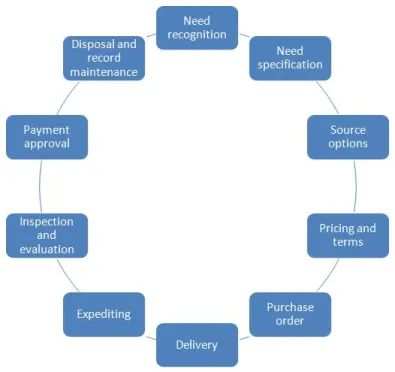The Role of Accounting Functions in Strategic Decision Making
- Jul 17, 2024
- 2 min read
In today’s competitive business landscape, strategic decision-making is crucial for the long-term success and growth of any organization. While strategic decisions are often associated with leadership and management, the role of accounting functions in providing critical data and insights cannot be overstated.
1. Financial Data as a Foundation
Accounting functions serve as the bedrock of financial data collection, analysis, and reporting within an organization. This data provides essential insights into the financial health and performance metrics necessary for informed decision-making. Strategic decisions, such as expansion plans, investments, and resource allocations, rely heavily on accurate financial information provided by accounting departments.
2. Performance Evaluation and Benchmarking
Accounting functions enable businesses to evaluate their performance against key metrics and benchmarks. Through financial statements, variance analysis, and performance reports, managers can assess the efficiency of current strategies and identify areas for improvement. This evaluation is critical in shaping strategic decisions aimed at optimizing operations and maximizing profitability.
3. Cost Analysis and Control
Effective cost analysis and control are integral to strategic decision-making. Accounting functions track and analyze costs across various departments and activities, providing insights into cost structures, cost drivers, and cost behavior. This information enables management to make informed decisions regarding pricing strategies, cost reductions, and resource utilization to achieve strategic objectives.
4. Budgeting and Forecasting
Accounting functions play a pivotal role in budgeting and forecasting processes. By preparing comprehensive budgets and financial forecasts, organizations can anticipate future financial performance and cash flow requirements. These projections guide strategic decisions related to investment opportunities, capital expenditures, and revenue growth strategies, ensuring alignment with long-term financial goals.
5. Risk Management
Accounting functions contribute to risk management by identifying, assessing, and mitigating financial risks. Through financial analysis and internal controls, accountants provide early warnings of potential risks such as liquidity issues, market fluctuations, and regulatory changes. This proactive approach allows businesses to make strategic decisions that minimize risk exposure and safeguard financial stability.
6. Strategic Planning Support
Accounting functions support strategic planning by providing financial insights that inform the development and execution of organizational strategies. Whether entering new markets, launching products, or restructuring operations, accounting data facilitates scenario analysis and decision modeling. This strategic foresight empowers management to make informed choices that capitalize on market opportunities and competitive advantages.
7. Compliance and Governance
Accounting functions ensure compliance with regulatory requirements and governance standards. By maintaining accurate financial records and adhering to accounting principles (such as GAAP or IFRS), organizations uphold transparency and integrity in financial reporting. Compliance with regulations enhances credibility with stakeholders and supports strategic decision-making by fostering trust and confidence in financial data.
Conclusion
In conclusion, accounting functions serve as the backbone of strategic decision-making within organizations. From providing accurate financial data and performance insights to facilitating budgeting, forecasting, and risk management, accountants play a critical role in shaping the strategic direction and sustainable growth of businesses. By leveraging accounting information effectively, management can navigate challenges, seize opportunities, and achieve their long-term objectives with confidence. SITES WE SUPPORT
SOCIAL LINKS




Comments